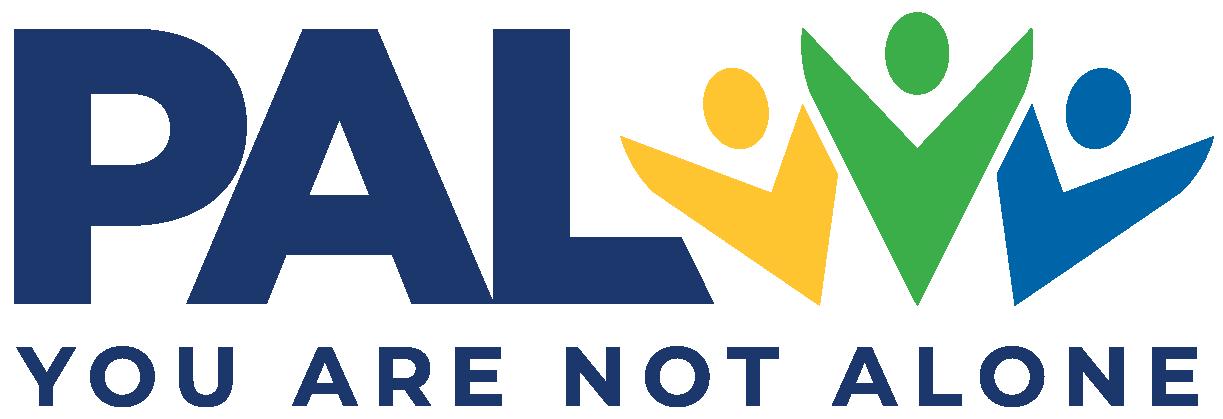
When I got sober, I thought I had arrived. I imagined that crossing that line, finally removing the substances, meant the hard part was over. But I quickly realized that stopping wasn’t the end. It was the beginning. Sobriety wasn’t a finish line; it was the moment I finally stood up, shaky and uncertain, at the starting line. That was when the real race began.
The race began in my relationships. In the mirror. In the silence, where I could finally hear the things I’d been running from.
Early in recovery, I started to see that there was something underneath my addiction. Something older, deeper, and harder to face than substance use. I started to recognize a pattern: the constant seeking of validation, the fear of saying no, the inability to express my needs. I thought I was being loving, easygoing, and flexible. But it was codependency. A lifelong fear of abandonment disguised as kindness.
I was afraid that if I disappointed someone, I’d lose them. And if I lost them, it must mean I wasn’t good enough to keep.
In a book I read, the author writes: “People-Pleasers have never learned to say no. If they say no, they think others would get mad at them; and when that happens, it means they’re bad people and would be abandoned by the people they love.” I remember reading that and feeling like someone had cracked open a locked drawer in my chest.
This was the work I hadn’t known I needed to do: not just getting sober, but learning how to be in an honest relationship with others and myself.
People pleasing taught me how to lie quietly, politely, and constantly. I said I was fine when I wasn’t. I said, “I don’t care,” when I cared deeply. I said, “Whatever you want,” because I didn’t believe what I wanted really mattered.
The emotional dishonesty wasn’t intentional. It was survival. But survival isn’t the same as living.
Recovery meant learning to tell the truth in small, consistent ways. Learning to pause before agreeing. Learning to check in with my own body, my own heart. Learning to say, “Actually, I do have a different need,” or “That doesn’t feel right for me.” These moments were terrifying at first, but they were the beginning of freedom.
I’m getting married in a few months. It’s wild to write that and even wilder to believe it. Our relationship isn’t perfect. But it’s honest. It’s rooted in recovery – both our individual journeys and the one we walk together.
We’ve had to unlearn so much. We’ve had to face our fears, name our triggers, and build a language for the kind of love we hadn’t known before. We’ve had to learn about boundaries, forgiveness, and the fact that being vulnerable doesn’t mean being unsafe.
Recovery didn’t just give me my life back; it gave me the tools to build a new one. One with space for joy.
And that joy? It’s delicate. It blooms from roots of gratitude. But the soil it grows from, it’s messy. It’s full of suffering, heartbreak, repair, reflection. And yet, something beautiful grows from it. Not in spite of the pain, but because of it.
It’s easy to think the hardest part is getting sober. But recovery has shown me that healing is played out on the stage of relationships. That’s where the truth reveals itself. That’s where the old wounds show up disguised as new pain. That’s where the patterns rise to the surface so they can finally be faced.
This race isn’t about winning. It’s about showing up. It’s about running, even when the road feels unfamiliar. It’s about learning to carry both love and pain, boundaries and connection, joy and grief – all at the same time.
The race begins again every day I choose honesty over hiding. Every day I speak instead of swallow my truth. Every day I choose presence over perfection.
And I’m running it. For real. And the journey could not be more worth the resilience it’s taken to keep putting one foot in front of the other. One day at a time.
-Jamie, in Recovery
